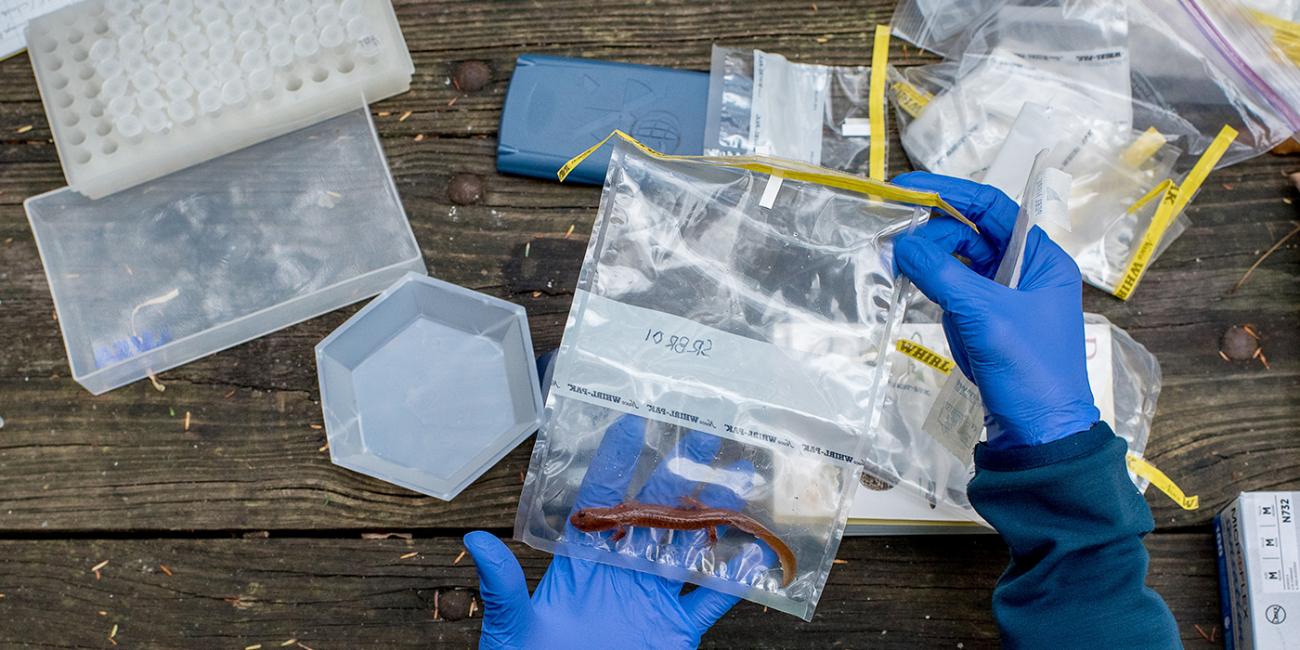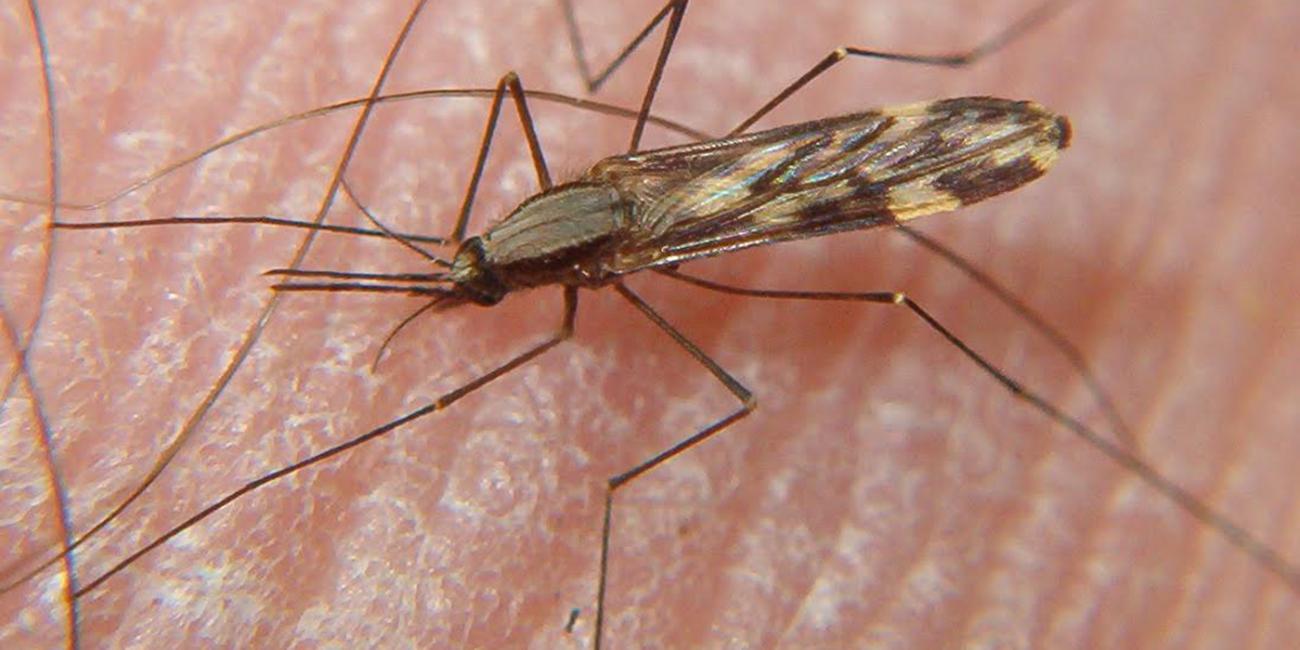Biography
Elin Videvall is a postdoctoral researcher at the Smithsonian Conservation Biology Institute’s Center for Conservation Genomics. Videvall works with birds and malaria parasites on the islands of Hawaii. She uses genomics, transcriptomics and population genetics to better understand how endemic Hawaiian honeycreepers respond to introduced malaria disease.
Videvall’s projects include:
- Characterize the genetic diversity of malaria parasites on Hawaii
- The evolution of Hawaiian honeycreepers in response to malaria
- Transcriptomics of Hawaiian malaria parasites
Together with colleagues, Videvall was the first to characterize how birds respond molecularly to malaria, and also how malaria parasites express their genes inside birds. She is a world expert on avian malaria genomics and transcriptomics, utilizing modern sequencing techniques to understand how malaria parasites interact with birds. Her ongoing work with endangered honeycreepers in Hawaii may have future implications for management and conservation efforts.
Videvall completed her doctorate in the spring of 2018 at Lund University, Sweden, where she also earned her bachelor's and master's degrees. Parts of her Ph.D work involved traveling to South Africa to work with ostriches and characterize their gut microbiomes. In the summer of 2018, she started a postdoctoral research position at SCBI, working with Robert Fleischer, Michael Campana and Dina Fonseca. Videvall is particularly interested in how microbes affect the health of their hosts and what long-term consequences they have on host fitness.


